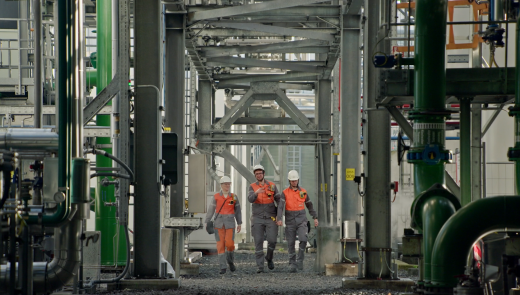Smart Delta Resources regioplan 2030-2050

The energy transition is becoming increasingly concrete. The goal is clear: a 49% CO2 reduction in 2030 and 95% in 2050. The 2030-2050 regional plan offers clear guidelines for how the SDR region wants to achieve climate neutrality, in order to make a significant contribution to the climate objectives of both the Netherlands and Flanders. .
The regional plan describes the chosen strategy, by means of transition paths, to make the industrial region more sustainable. The selected transition paths are based on the applications of CCS, electrification, hydrogen, CCU and process optimization. In concrete terms, this translates into the implementation of four priority programs Hydrogen Delta, Carbon Connect Delta, Spark Delta and Heat Delta, which are intertwined across borders. All four priority programs have started with clear goals and milestones for 2030 and 2050. The conditions for successfully implementing the SDR CO2 reduction path have been mapped out. The challenge now is to create these conditions and to work together as an SDR region, SDR companies and international governments to realize the energy transition.
You can download the SDR regioplan 2030-2050 here.


